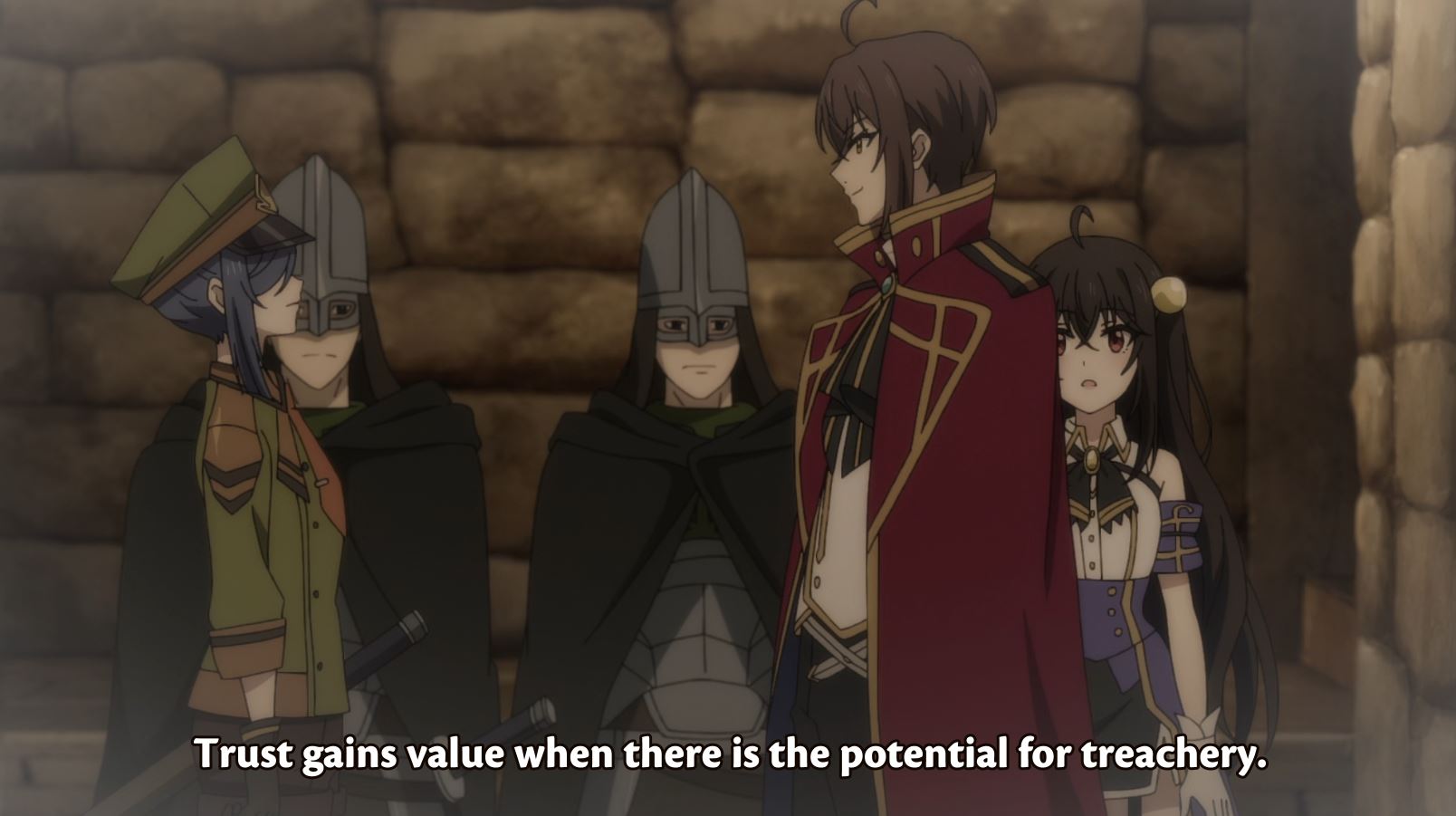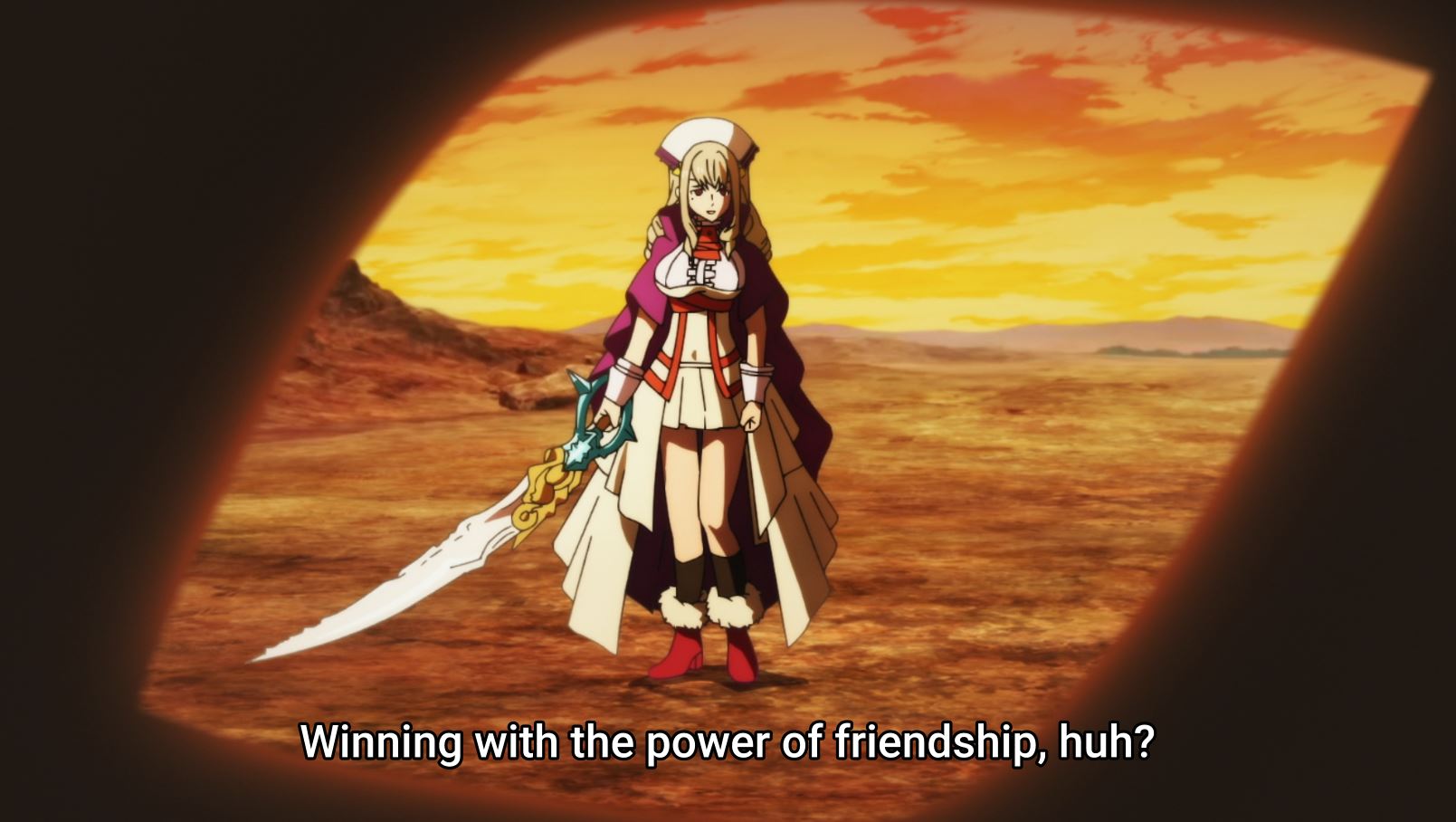Retrenchment exercises have been getting more and more frequent lately. Within the private sector, people who are still surviving in the companies are gradually becoming more worried about their future, especially if they have loans to pay off, a family to feed and the elderly to take care of. In the age of mass production, where everyone’s value is more or less the same, everyone is easily replaceable, expendable and disposable.

One interesting thing about studying politics and current affairs, other than knowing the present and trying to predict the future so that we can place our resources accordingly in the quest for financial freedom, is that there are important lessons for us to learn. I have said before that success is a series of correct decisions, and for many of us success is about making boring yet correct decisions without the dramatic highs and lows in the movies. Do also drop the get rich quick mindset, for that may kill you. Countries are a collective of people, and the governments are also a small collective of the people making decisions for the majority. Therefore the actions of countries are often very similar to the behaviour of individuals.
They say the smart learn from their own mistakes, and the wise learn from the mistakes of others. Therefore we can adapt the lessons of the different countries and apply them to ourselves. The actions of these countries are a result of the top brains of the people, of the invisible hand of capitalism, of the corrupted politicians and corporations, of brute force and violence, of intelligent navigations through obstacles, of peaceful negotiations from peace-loving people etc. And these decisions made as well as the results that follow are very worthy of reference and of learning. In this article, we will specifically talk about the value we have which we can bring to others.

Every country in this planet attempts to find their own value to the bigger society, even North Korea. Whether they succeed or not is another story, but most do what they can. If their value is recognised and needed by others, then they have earned themselves a bargaining chip. Russia’s value is in their natural and food resources, and their powerful intelligence unit has at critical times helped China and gained much needed help in the Russia-Ukraine war. China’s value to the world is their big market in the form of huge purchasing power as well as cheap production lines, which they use effectively to tempt and threaten other countries for their own gains. Israel’s value to the US and the Western world is to destabilise the Middle Eastern region, and North Korea’s value is to support China by doing all the dirty work so that China can appear to be a righteous power just like how US does it.
If your value is needed by many, then you will be protected by the different parties, or the different parties do not dare to offend you easily. In the words of Chairman Mao of China, ‘Politics is about making many friends and very few enemies.‘ Naturally, friendship in this case is not true friendship, but a relationship of mutual benefits where both parties have little incentive to backstab each other.

We bring it down to the individual level at the workplace. Just like politics, you do not need to like everyone, nor does everyone has to like you. One should be mature enough to work with each other for mutual benefits even if both parties mutually dislike each other. These are colleagues, bosses and subordinates in your workplace, not friends or families. Of course, if one can develop the relationship to a true friendship or even marriage, then that is another story. However, one thing does not change. You need to be of value to others. Even as the US and China fight, there are also sectors which they collaborate because in these sectors they can bring value to each other.
What is something that you can do which the others cannot or are unwilling to do? I have seen people who volunteered to take on the job of 2 and asked for some pay raise (cheap labour). I have known people who studied during their off hours and took on a few work related professional certifications, and become the go-to person to get things moving (efficient production line). There are people who have a strong family background and who can get many work and personal favours done easily (‘natural resources’). There are also others who know their way around things and able to navigate around all the hassle (strategic geographical trade location). The list goes on. The more people you are of value to, the more you will be needed. In the case of retrenchment, you do not need to be the fastest runner, you just need to be better than the last guy in the cut-off line.

If one is unable to be of value to the majority of the population, then one should be of value to the party who holds the power. That being said, one should have enough power to protect themselves, or they risk being outcasted, exploited and squeezed dry till they are of no more use before they are discarded. Iran, Venezuela and the African nations are a few good examples. That is why, if one is unable to protect himself or herself, he should be of use to the party which can protect him or her.
There are people who do not do any real work in the workplace and are hated by everyone, because these kind of people are the eyes and ears for the bosses (proxy wars). There are those who strike a deal with their bosses privately to get certain things done which may range from just slightly deviation from the original job scope to something more (China-North Korea relationship). These kind of people, who may or may not be hated by others, have the protection of the big boss. As long as they are of value to the boss, they are generally safe from many conflicts.
I am no fan of office politics, nor do I play it. But a basic understanding of how the workplace and society functions will aid in us having a peaceful life at work. Of course, if you intend to dash up the corporate ladder, then you cannot run away from office politics. But the main topic today is about the value we bring to others, so that we can retain our job in a period of increasing recession.
Showing 1 - 2 out of 2
Page 1 out of 1
| - | Resources | Price | |
|---|---|---|---|
|
|
$5.00
|
||
|
|
$1.00
|

